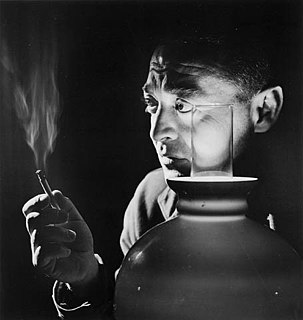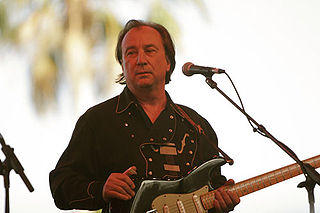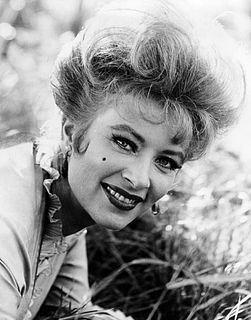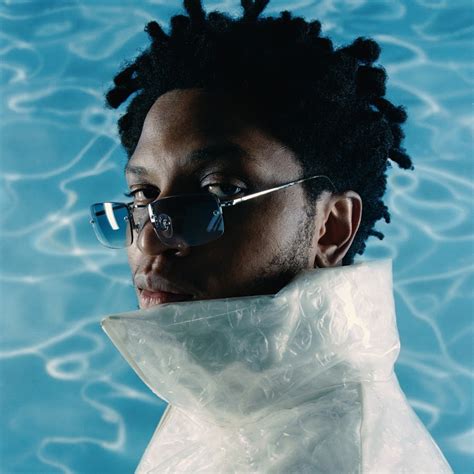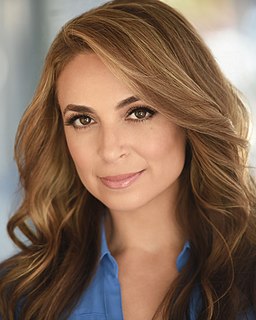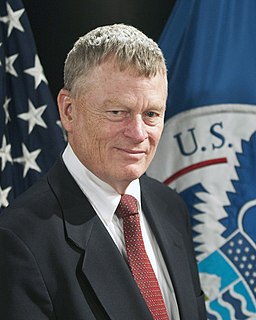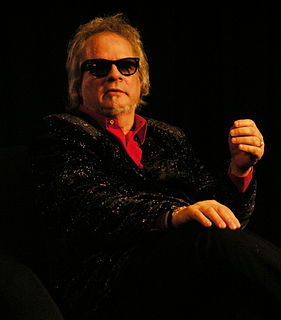A Quote by Peter Lorre
I signed with Columbia for two reasons. One reason I saw two of Frank Capra s pictures in Paris, and I want to work with him. Then at Columbia, in Harry Cohn, there is only one judge to please. I could not face the juries of fourteen that I have heard about at so many large studios.
Related Quotes
I got to watch Frank Capra, in his eighties, in action. You read all the stories about Frank Capra fighting with the head of Columbia, Harry Cohn, "It's my way or the highway." I got to watch that. He lambasted me, "You cannot do this. You will fail." Finally, after another hour of conversation, I convinced him to help me write the speech.
I went to visit Frank Capra, one of my idols, and did a kind of Judd Apatow interview with him. I said, "I'd like the Statue of Liberty to disappear, but I want to do it as a lesson in freedom, how valuable freedom is and what the world would be like without liberty." And Frank Capra looked at me and said, "David, I love your idea, but here's what you're going to do. You're going to try and it's not going to work; it's not going to disappear." And I said, "Mr. Capra, I can't do that."
When I was young, I went to college, had a teacher who was, had been a student of Trilling's at Columbia, this was in California. And he, I started reading him around that time, and then I went to Columbia as well, Trilling was still teaching there, I took a course with him. He was not a great teacher, but he was, when I was younger, he was a good model for the kind of criticism I wanted to do, because he thought very dialectically.
We have never lost a crew member on the space station, but of course, the Columbia accident. I was - I'd already been an astronaut for a decade when the crew of Columbia was killed. And I went through test pilot school. Rick Husband and I were out at Edwards at test pilot school together. He was the commander of Columbia.
I was born in a little town called Lund in British Columbia. It's like a fishing village. My parents were hippies. They tried to live off the land, so I grew up in a log cabin, and we didn't get running water until I was 4. The next year, we got electricity. Then we moved to the city, Victoria, British Columbia, so I could go to school.
I was born technically in D.C., and then my family moved to the Columbia area when I was in elementary school. It was right on the line between Clarksville and Columbia in Howard County. I remember it being just like a peaceful, safe atmosphere. I always felt connected to the woods and that whole suburban feel.
Addressing the Columbia crew after winning the intercollegiate regatta: I congratulate you most heartily upon the splendid victory you have won, and the luster you have shed upon the name of Columbia College. I thank you for the Faculty of the College, for the manifest service you have done to this institution. . . . I am convinced that in one day or in one summer, you have done more to make Columbia College known than all your predecessors have done since the foundation of the college by this, your great triumph.
